There are certain industries that are obviously and immediately affected by the Coronavirus outbreak. Travel would have to top any list, with airlines and cruise companies bracing for massive losses. Sports, entertainment and other activities which require large crowds are up there. Conferences are being canceled left and right. Restaurants and bars face an unprecedented crisis. At this point in mid-March, its safe to say that virtually every industry will be impacted in some way.
Our clients have understandably been coming to us for guidance on what this may mean for their businesses. Because we have the privilege of overseeing ad ops and yield management for publishers and digital media companies with diverse business models, we are watching things unfold and have a glimpse into what might be coming. Those publishers that have a significant portion of their revenue coming from direct-sold campaigns are likely to be most immediately impacted. An understandable reaction to the current situation for any advertiser - which ultimately are simply companies selling something to someone - is to put a hold on marketing and advertising budgets. This applies to any category. Those facing an existential risk such as airlines, hoteliers, restaurants are likely to have no choice but to pull budgets.
While PMP deals are a bit more “passive,” they still originate from specific budgets managed by the advertiser or designated agency. I expect these will decline in the short term as well. From a publisher perspective, it's important to have a system or process for monitoring trends across different deal types. Many buyers are likely to simply reduce or suspend bidding without even notifying publishers. If they aren’t watching closely, weeks or months can pass without notice.
Publishers where the majority of their revenue comes from open market programmatic are likely to see the least impact. In fact, over the past month, we have seen the typical end-of-quarter CPM increase play out as if it were any normal year, albeit less dramatically. If you think about the mix of advertisers for a typical open market programmatic-reliant publisher, it might number in the thousands or tens of thousands. Certainly some - perhaps even a majority - are going to be reducing, pausing or canceling campaigns as the situation unfolds. Others - think beer brands, CPG companies, Amazon and the like - will remain steady or even take advantage of declining rates to secure more reach at a lower cost.
The above hints at one of the challenges in measuring the impact in the short-term: typical seasonality (rate increases as the quarter ends and a sharp decrease as the new quarter begins) is going to obscure or exacerbate the effects at the end of March and beginning of April. Publishers with sufficiently powerful BI tools will easily be able to make comparisons (year over year for example) to give them a better sense of what’s to come. I believe the beginning - and likely the first half - of Q2 will be as soft as it has been in years. Its possible that this lasts through the remainder of 2020. I choose to be an optimist and think that it will pass more quickly than the media will have us believe.
Ultimately, just like the stock market, digital media rates will recover. Publishers with positive cash flow that have chosen to remain lean will survive. Ad tech companies with real products and a unique value proposition will discover new opportunities. Others are likely to wither and die. There will be consolidation. We will continue to serve as advocates, advisors and partners to media companies looking to get the most out of their ad ops budgets. As a business that has been fully distributed for nearly a decade, we will remain productive during this time when many companies trying to “figure out” remote work. We will hope for the best and plan for the worst, as we always do.
Stay safe out there.
